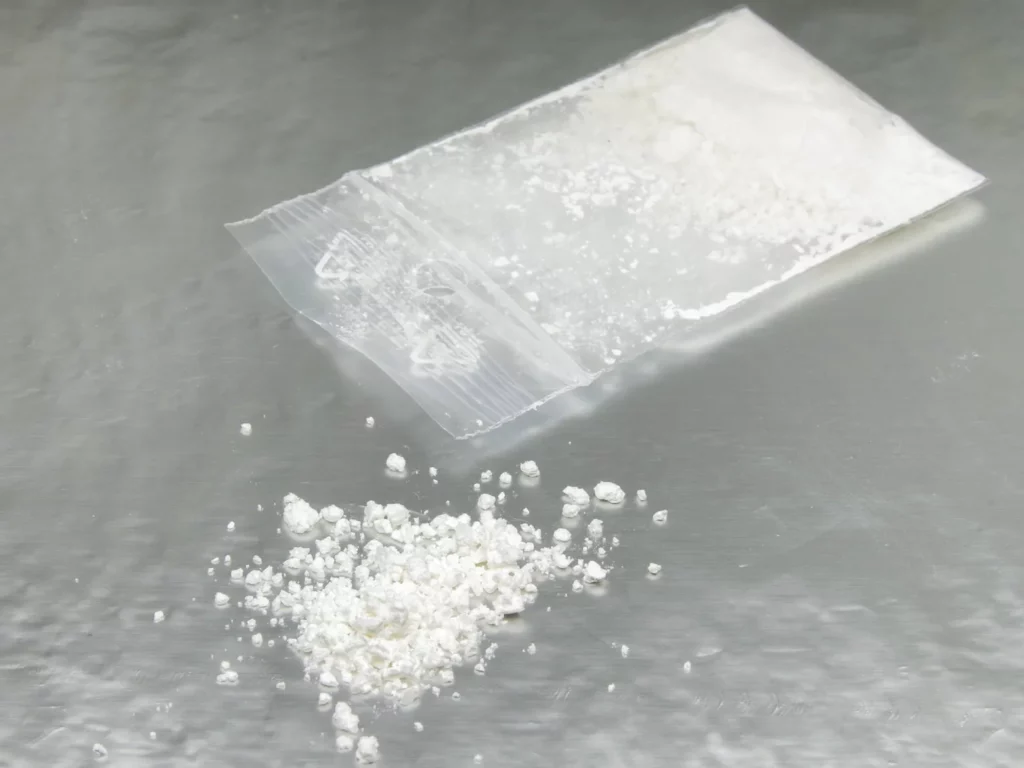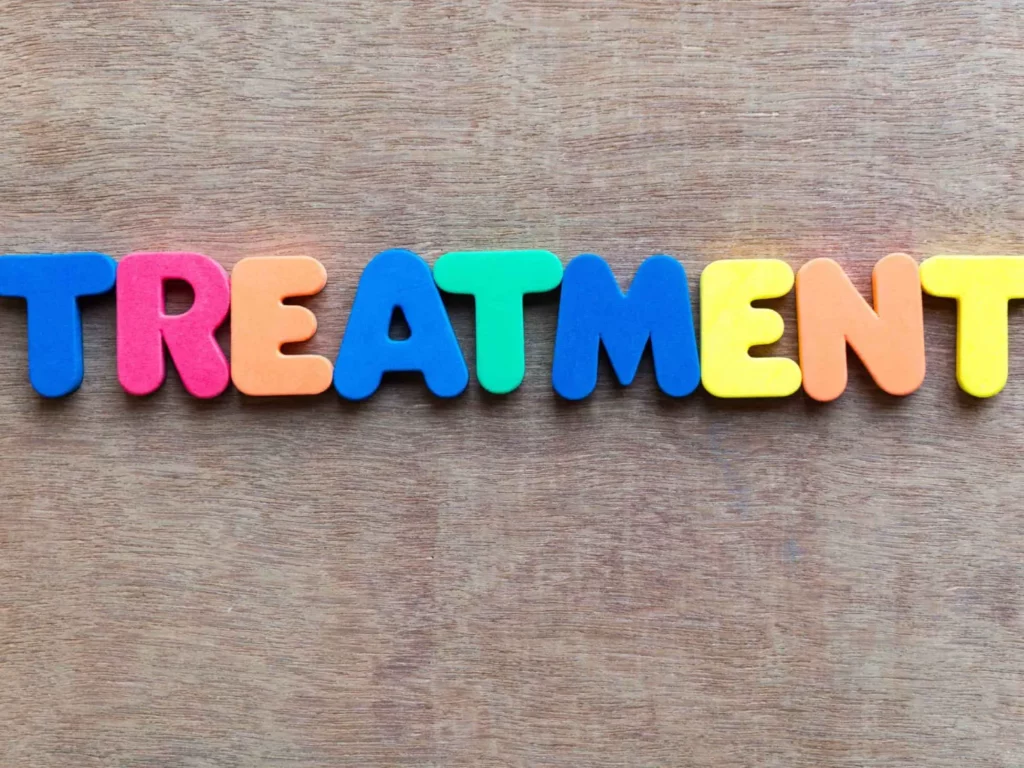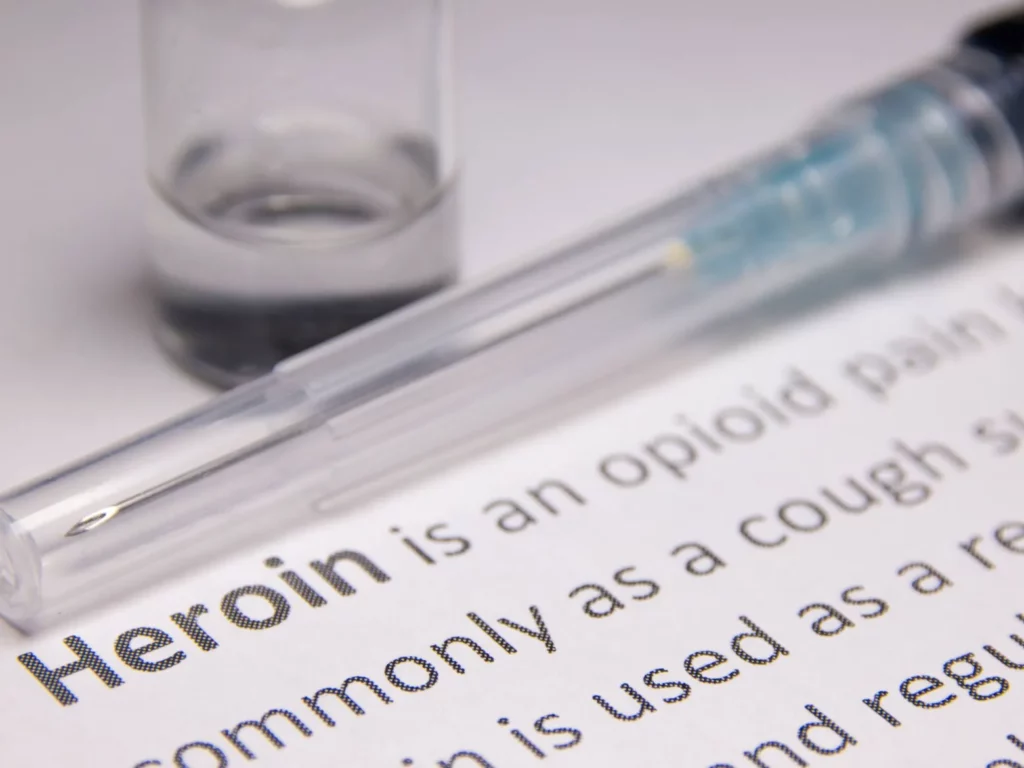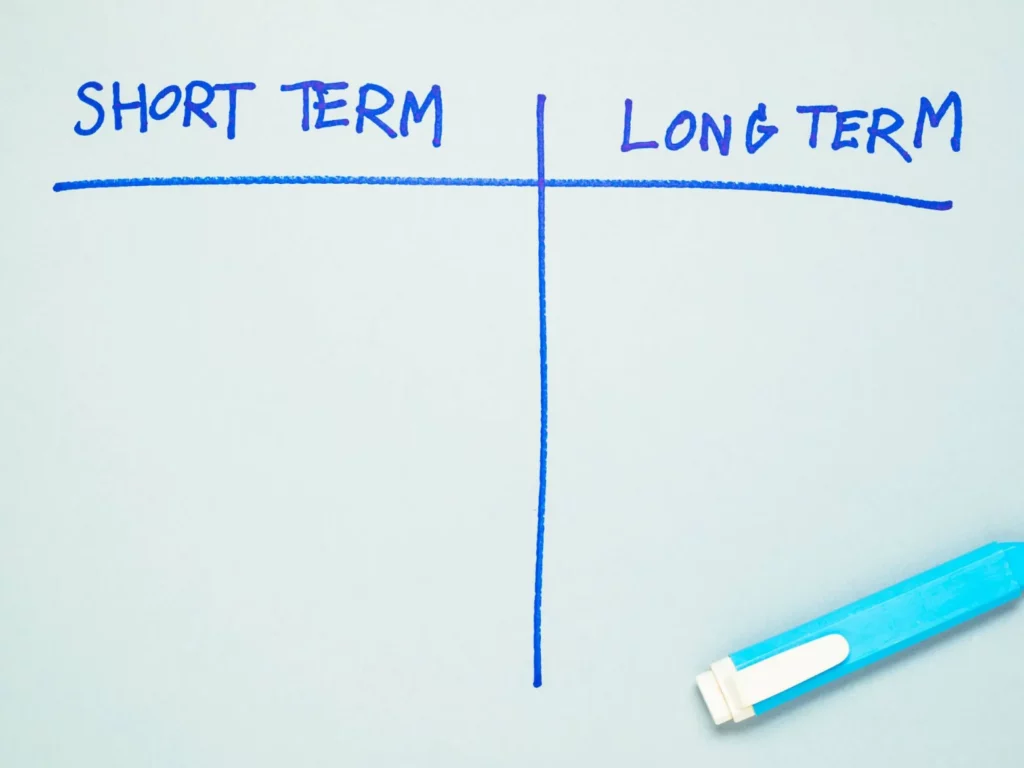Safe and Effective Heroin Withdrawal Treatment
At Pacific Interventions, heroin withdrawal includes specialized, evidence-based care. Our compassionate team offers medical support, relapse prevention, and personalized treatment to ensure a safe recovery journey. It is never too late to take the first step towards lasting change as you start your life-altering journey toward a healthier, addiction-free path.

Heroin Withdrawal
Heroin withdrawal happens when someone dependent on the drug stops using it or reduces their intake. Heroin affects the brain’s reward system by activating neurotransmitters that release dopamine, which makes people feel good and encourages them to keep using the drug.
Over time, users may need more heroin to feel the same effects, leading to physical or psychological dependence. If someone stops using heroin suddenly, they will experience withdrawal symptoms soon after due to this dependence.
While these symptoms are uncomfortable, they are usually not life-threatening. Heroin withdrawal can cause unpleasant symptoms that last from a few days to a few weeks.
Symptoms of Heroin Withdrawal
Initial Withdrawal Symptoms
You may start to feel early heroin withdrawal symptoms 4 to 12 hours after your last dose. These symptoms can include:
- Dilated pupils
- Goosebumps
- Watery eyes
- Yawning
- Muscle aches
- Nausea
Short-Term Withdrawal Symptoms
Withdrawal can begin a few hours after your last heroin use. Common short-term symptoms include:
- Restlessness
- Muscle and bone pain
- Insomnia
- Diarrhea
- Vomiting
- Leg tremors
- Sensitivity to light
- Watery eyes
- High blood pressure
- Sweating
- Fast heart rate
- Stomach upset
Long-Term Withdrawal Symptoms
Some people report withdrawal symptoms lasting for months. The severity depends on how strong the heroin was and how long it was used. Long-term use can change the brain, causing it to shrink. After the initial withdrawal, your brain needs time to recover, which can lead to long-term symptoms. These symptoms are usually mild and may include:
- Poor sleep
- Trouble concentrating
- Increased anxiety
- Depression
- Panic attacks
- Fatigue
- Sensitivity
- Mood swings
- Restlessness
- Memory loss
Protracted withdrawal can last weeks or months after the initial phase. However, as you stay drug-free, the symptoms will gradually lessen.
Take the First Step Towards Recovery
Why You Need Professional Treatment for Heroin Withdrawal
Heroin self-detoxification is dangerous and can be life-threatening without professional care. Our medical team at Pacific Interventions is ready for the withdrawal symptoms and the prevention of complications. We offer full care in a supportive, medically monitored environment designed to reduce relapse risk and make recovery safe. Your health and safety are our priority.

Effective Treatment Options for Heroin Withdrawal
Your medical team at Pacific Interventions can help you find the best treatment plan for you. This plan will likely include medication and therapy. Experts say Medication-Assisted Treatment (MAT) is the best care for heroin addiction.
Medications can help you stop using heroin and reduce cravings. Buprenorphine and methadone work like heroin by attaching to brain cells called opioid receptors, but they are safer and last longer. Naltrexone blocks these receptors, making opioids like heroin less enjoyable.
Cognitive behavioral therapy helps you understand your thoughts and actions related to drug use. It teaches you how to handle stress and triggers better. Another treatment, called contingency management, offers rewards like vouchers or money for staying drug-free.
Timeline for Heroin Withdrawal
The length of time heroin withdrawal lasts can be from a few days to weeks, depending on several variables, which include duration of use, dose consumed, frequency, route of administration, and other complications present.
The peak withdrawal point typically stops by day three or four, but mild symptoms, including abdominal cramping, sweating, diarrhea, chills, nausea/vomiting, and anxiety, are normally present. Within one week of the last dose, muscle aches, nausea, and diarrhea die out, and the physical signs begin to feel normal.
After that time, heroin cravings may remain, but it may take weeks for insomnia and mood changes to subside. While the major physical symptoms wear off, heroin cravings can remain.

What Happens During Heroin Withdrawal Treatment
Heroin withdrawal can be exhausting, physically and mentally. The detox process here at Pacific Interventions is tailored to help patients keep such symptoms under control and assure comfort in every respect, from medical care to emotional support. Treatment is personalized according to a patient’s needs to better direct them through withdrawal safely.
The Role of Aftercare in Long-Term Recovery
Aftercare is vital for long-term recovery from substance abuse. It offers support and services to help people stay sober, learn healthy coping skills, and rebuild their lives.
Aftercare includes ongoing support, addressing underlying issues, developing coping skills, creating a support network, preventing relapse, and reintegrating into society.
It can involve individual counseling, group therapy, support groups, and community activities. Recovery is a lifelong journey, and aftercare provides the resources needed to stay sober and live a fulfilling life. The approach will differ based on each person’s needs and preferences.

FAQ
Heroin withdrawal typically begins within 6 to 12 hours after the last dose and peaks between 24 to 48 hours. Most symptoms subside after about a week, though some psychological effects may last longer.
Yes, Pacific Interventions provides outpatient treatment for those who need flexible care. Our programs include counseling, medical detox, and support services that fit your lifestyle and recovery needs.
After completing withdrawal treatment, Pacific Interventions offers aftercare services, including therapy, support groups, and relapse prevention strategies to ensure long-term recovery and prevent relapse.
What Our Patients Say About US
Trustindex verifies that the original source of the review is Google. This is a great rehab program and I definitely recommend them.Trustindex verifies that the original source of the review is Google. First rate service from start to finish. Thank you for your help!Trustindex verifies that the original source of the review is Google. I’m so grateful for this service. It helped me make the first steps to changing my life.Trustindex verifies that the original source of the review is Google. I strongly recommend this place for anybody struggling with alcohol and drug addictionTrustindex verifies that the original source of the review is Google. Pacific intervention provided a service unlike any other I have ever experienced. They really focused on me as an individual and I felt like they really cared. I had a team behind me and they gave me the tools I needed to move forward in my life.Trustindex verifies that the original source of the review is Google. I am writing this review on behalf of our entire family. When our son came to us and said he had a drug problem, we were horrified. We quickly started looking for services to help. We called a number of places with very limited satisfaction. No one was explaining to us what was going on with our son, they only seemed interested in taking our money. That was until we spoke to Jeff at Pacific Interventions. He took the time to explain addiction, current treatment approaches, recovery, and how we could help. Our son ended up attending the 6 week outpatient program with Pacific Interventions. He graduated the program and is currently taking part in their aftercare program. Our son is back to the person we thought we had lost. He has confidence, self-esteem and our relationships with him are all much improved. Our family participated in the family program which offered us real solutions to broken trust, conflicts, and ways to help build our son up and support his recovery. We are all extremely grateful for the help of the entire team at Pacific Interventions for following through on what they said they would do, and helping our family heal.
Need Help Right Away? We are Here to Support You!
If you have an emergency, contact your local hospital or dial 911 immediately





